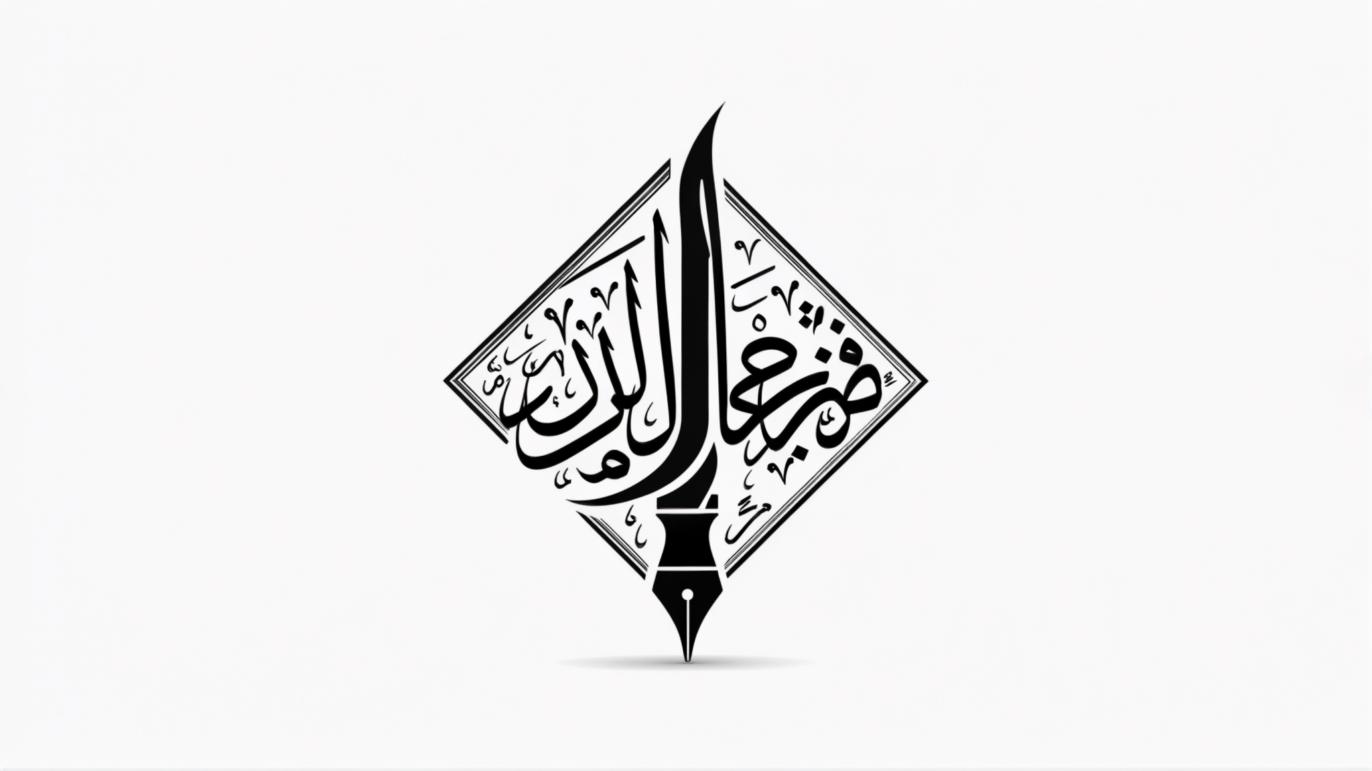Al-Qawa'id Al-Arba' - Chapter 4: The Fourth Principle
Chapter 4: The Fourth Principle
بِسْمِ ٱللَّهِ ٱلرَّحْمَٰنِ ٱلرَّحِيمِ
In the Name of Allah, the Most Gracious, the Most Merciful
Introduction
The fourth and final principle of Al-Qawa’id Al-Arba’ (The Four Principles) addresses the reality of the mushriks (polytheists) in the time of the Prophet (ﷺ) and their condition. This principle helps us understand their state and why they were considered polytheists despite their apparent acts of worship.
The Fourth Principle
The fourth principle: The mushriks of our time are worse in shirk than the mushriks of the time of the Prophet (ﷺ). This is because the mushriks of the time of the Prophet (ﷺ) used to make shirk in times of ease and make tawheed in times of distress, while the mushriks of our time make shirk in all circumstances - in times of ease and in times of distress.
The evidence for this is the saying of Allah, the Most High:
“And when they board a ship, they supplicate Allah, sincere to Him in religion. But when He delivers them to the land, at once they associate others with Him.” [Al-Ankabut: 65]
Understanding the Fourth Principle
This principle reveals a critical distinction between the polytheists of the Prophet’s time and those of later times:
1. The Mushriks of the Prophet’s Time
They would:
- Make shirk in times of ease - calling upon others besides Allah when things were going well
- Make tawheed in times of distress - calling upon Allah alone when they were in danger
- Recognize Allah’s power - they knew that only Allah could save them in times of crisis
2. The Mushriks of Our Time
They:
- Make shirk in all circumstances - both in times of ease and distress
- Do not recognize Allah’s power - they call upon others even in times of crisis
- Are more persistent in their shirk - they do not turn to Allah even when in need
The Evidence from the Quran
The verse from Surah Al-Ankabut (29:65) shows the behavior of the mushriks:
“And when they board a ship, they supplicate Allah, sincere to Him in religion. But when He delivers them to the land, at once they associate others with Him.”
This reveals their pattern:
- In distress (on the ship): They call upon Allah alone
- In ease (on land): They associate partners with Allah
The Modern Application
1. Types of Modern Shirk
In Times of Ease:
- Calling upon dead saints for blessings
- Seeking help from fortune tellers
- Using amulets and charms
- Making vows to others besides Allah
In Times of Distress:
- Still calling upon dead saints for help
- Seeking intercession from others
- Not turning to Allah alone
- Continuing their shirk even in crisis
2. Examples of Modern Shirk
Seeking Help from the Dead:
- Calling upon dead scholars or saints
- Making vows to them
- Seeking their intercession
- Visiting their graves for blessings
Using Superstitious Practices:
- Wearing amulets and charms
- Consulting fortune tellers
- Using magic and sorcery
- Seeking help from jinn
Seeking Intercession:
- Calling upon the Prophet (ﷺ) directly
- Seeking help from righteous people
- Making du’a through others
- Believing in intermediaries
The Correct Understanding
1. Tawheed in All Circumstances
True monotheism means:
- Calling upon Allah alone in all situations
- Seeking help only from Allah in times of need
- Placing trust only in Allah in all circumstances
- Avoiding all forms of shirk whether in ease or distress
2. The Role of Intercession
Intercession in Islam:
- Only belongs to Allah - He alone can grant it
- Only for believers - not for disbelievers
- Only in the Hereafter - not in this world
- Only by Allah’s permission - not by our own will
3. The Status of the Dead
The dead:
- Cannot hear our calls - they are in their graves
- Cannot help us - they have no power
- Cannot intercede for us - only Allah can grant intercession
- Are awaiting the Day of Judgment - they cannot act in this world
Evidence from the Quran and Sunnah
Quranic Evidence
Allah says:
“And who is more astray than one who invokes besides Allah those who answer him not until the Day of Resurrection, and they (of such invoked ones) are unaware of (their) invocation.” [Al-Ahqaf: 5]
And Allah says:
“And they worship besides Allah that which neither harms them nor profits them, and they say: ‘These are our intercessors with Allah.’” [Yunus: 18]
And Allah says:
“Say: ‘Who rescues you from the darknesses of the land and sea? You call upon Him humbly and secretly: ‘If He should save us from this [crisis], we will surely be among the thankful.’” [Al-An’am: 63]
Evidence from the Sunnah
The Prophet (ﷺ) said:
“Du’a (supplication) is worship.”
This shows that calling upon other than Allah is worship of other than Allah.
And the Prophet (ﷺ) said:
“Whoever dies while calling upon other than Allah as a rival, will enter Hell.”
The Danger of Modern Shirk
1. More Persistent Than Ancient Shirk
Modern shirk is more dangerous because:
- It persists in all circumstances - not just in times of ease
- It is more widespread - affecting many Muslims
- It is more subtle - often disguised as veneration or respect
- It is more accepted - many consider it normal practice
2. The Consequences
In This World:
- Loss of tawheed
- Corruption of faith
- Distance from Allah
- Loss of blessings
In the Hereafter:
- Eternal punishment in Hell
- Loss of Paradise
- No forgiveness for major shirk
- Complete loss of good deeds
How to Apply This Principle
1. Purify Your Du’a
- Make du’a only to Allah
- Do not call upon the dead
- Do not seek intercession from others
- Do not make vows to other than Allah
2. Learn About Tawheed
- Study the three types of tawheed
- Understand what constitutes shirk
- Learn about major and minor shirk
- Be aware of modern forms of shirk
3. Practice True Worship
- Direct all acts of worship to Allah alone
- Seek help only from Allah
- Place your trust only in Allah
- Avoid all forms of polytheism
The Four Principles Summary
Now that we have covered all four principles, let us summarize:
1. First Principle
The mushriks of the Prophet’s time knew that Allah is the Creator, Provider, and Controller of all things.
2. Second Principle
They claimed that they only called upon the righteous dead and angels for intercession and nearness to Allah.
3. Third Principle
They used to worship Allah, but their worship was mixed with other forms of worship.
4. Fourth Principle
The mushriks of our time are worse in shirk than the mushriks of the Prophet’s time.
Conclusion
The four principles teach us:
- The reality of polytheism - how it manifests and what it entails
- The excuses of the polytheists - their claims and justifications
- The nature of mixed worship - how shirk can be combined with apparent acts of worship
- The persistence of modern shirk - how it continues and even worsens
These principles help us:
- Understand the nature of shirk and how to avoid it
- Recognize modern forms of polytheism that may be disguised
- Maintain pure monotheism in all circumstances
- Call others to tawheed with knowledge and understanding
The four principles are foundational for understanding Islamic monotheism and avoiding the various forms of polytheism that exist in the world today.
Source: Al-Qawa’id Al-Arba’ by Shaykh Muhammad ibn Abdul-Wahhab

